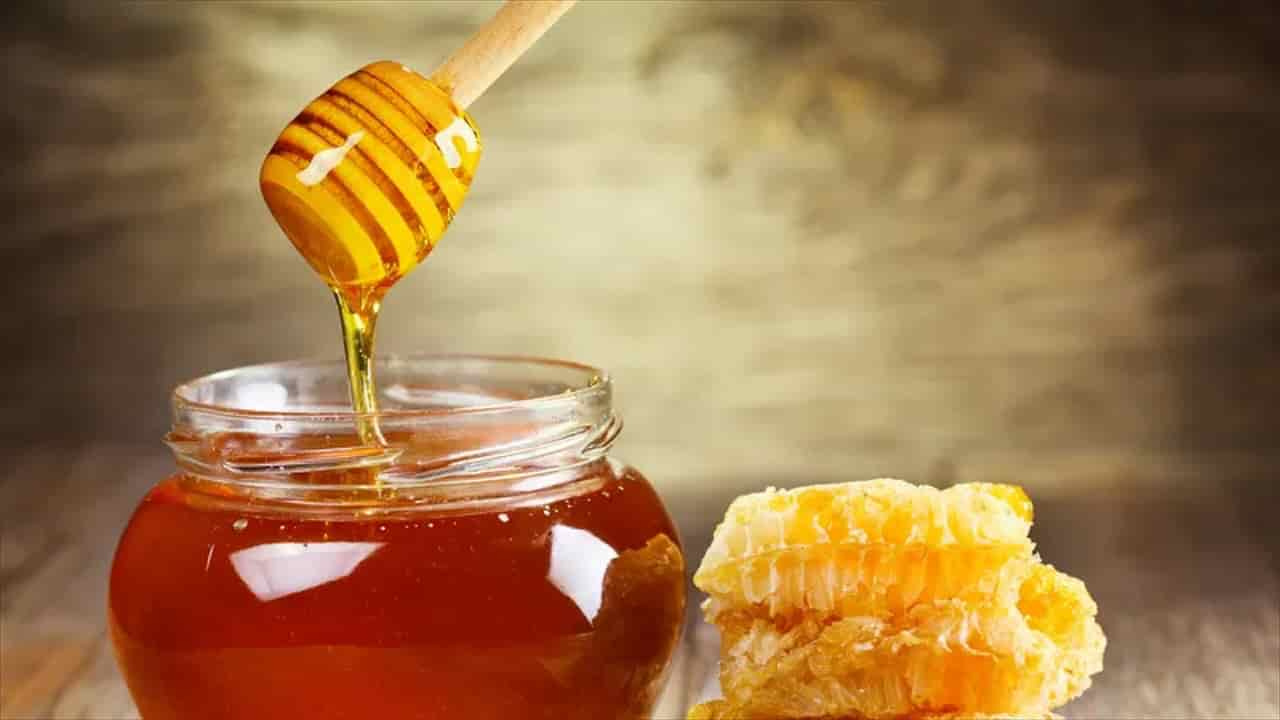Honey is a natural product without preservatives and dyes made by bees from the nectar or honeydew of acacia, lavender, eucalyptus, chestnut and rosemary. From a nutritional point of view, 100 g of honey provides about 300 calories, 82 g of carbohydrates, 0.3 g of protein. Honey, consumed in adequate measures and regularly, can be a real natural remedy for various health problems.
Among the best known and most studied properties of honey is the antibacterial one. In fact it is capable of preventing the growth of different species of bacteria including Helicobacter pylori, responsible for some types of gastritis, and some bacteria responsible for urinary tract infections. These great properties, in addition to the antifungal ones, make it an excellent remedy to accelerate the healing of ulcers or skin wounds, especially if applied directly to the area to be treated. Furthermore, it has various beneficial effects on heart health, thanks to its ability to decrease triglycerides and cholesterol in the blood, and on the health of the intestine, thanks to its prebiotic properties it is capable of supporting the growth of the so-called “good” bacteria in our intestines.
Do not eat honey in such cases – this is what happens to the body
In reality, the consumption of honey does not imply any particular side effects. However, an allergic reaction is likely to occur due to a cross-association with pollen or bee venom. Furthermore, honey must be consumed with particular attention by those suffering from diabetes or hyperglycemia and, due to its high caloric value (304 Kcal per 100g), also by those who observe a low-calorie diet.
Such subjects are strongly advised to consult their doctor or nutritionist before consuming disproportionate doses of honey. Given the high caloric content of honey, consumption is contraindicated in subjects with diabetes and in overweight or obese people. Finally, due to the risk of infection with botulinum toxin, its use is strongly discouraged even in children under one year of age.
